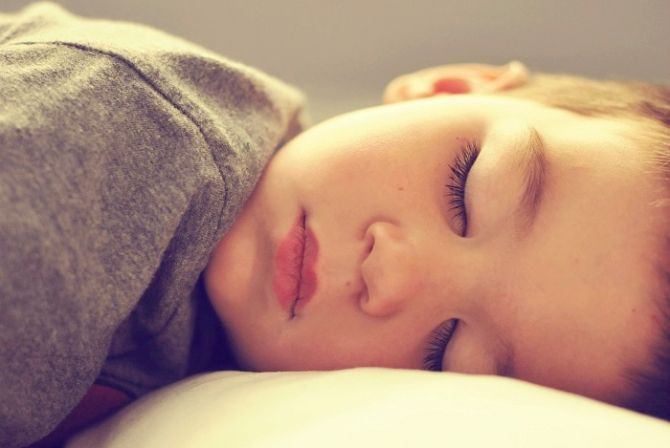More Sleep Can Improve Your Child's Behavior

Receiving the appropriate amount of sleep has been linked to a variety of health benefits for every age. A new study now reveals when children receive a little more sleep each night, they are more likely to have behavior improvements.
In a study published in the journal of Pediatrics, researchers discovered when adolescents received an extra 27 minutes of sleep, teachers observed an improvement in alertness levels, as well as improvements in overall behavior.
The study, which was conducted by Reut Gruber, director of the attention behavior and sleep lab at the Douglas Institute at McGill University, in Quebec, consisted of 33 children. Participants ranged from age seven to 11. Researchers randomly assigned students to two groups. Children in group one lost an hour of sleep for five nights. Children in group two were allocated an extra hour of sleep. All participants wore watch-like devices called actigraphs to record their sleep.
The study revealed those in the sleep-extension group received on average an extra 27 minutes of sleep, while adolescents in the other group slept 54 minutes less.
Researchers then instructed teachers to rate the children on behavior such as impulsivity, restlessness and emotional ability.
Teachers reported those in the sleep-extension group displayed improvements in alertness, behavior and emotions.
According to Gruber, children may be sleep deprived because a number of things, such as schoolwork, playing video games, watching television and texting or talking to friends.
Gruber recommends:
- A half an hour prior to bedtime parents should start winding children off of electronic devices
- Having a consistent bed time and wake time, even during the weekends
- Practice what you preach. Parents should also go to sleep at a reasonable time.
According to sleep experts such as Dr. Judith Owens, director of sleep medicine at Children's National Medical Center in Washington, the results provide more evidence regarding the importance of sleep.



























